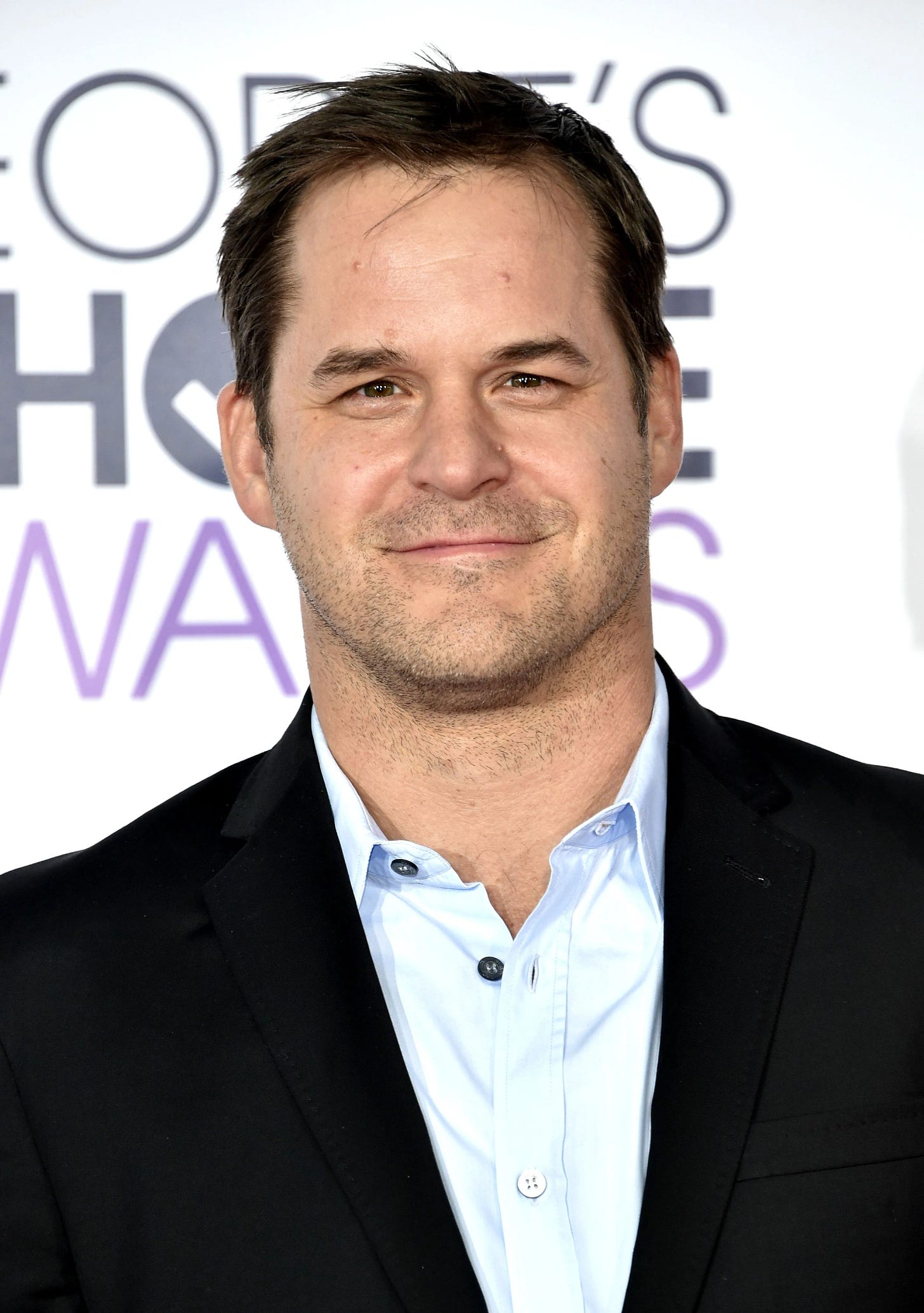

Discover more from Depresh Mode
Bishop Briggs Goes To The Bottom of the Pit, Starts Climbing
Plus bad news for the mental health effects of climate change, good news from college students
This newsletter is free. I think Substack would rather I charge you money, which is understandable and not what I wish to do. But it does take time and effort to provide the world with the newsletter and the Depresh Mode podcast.
If this enterprise can’t raise enough money from listeners/readers, I swear to God, I’ll turn this show around. Don’t think I won’t, mister. If you’ve already donated, thank you. If not, go here, pick a level that works for you, then select DEPRESH MODE from the list of shows. And thank you.
Bishop Briggs on loss, despair, and hope
As I say in the intro for this week’s episode with Bishop Briggs, when a very popular musician who is well-spoken and has been through a journey of intense grief and mental health struggles releases a new album called “Tell My Therapist I’m Fine” and the publicists for said album reach out to you about being on your mental health podcast, well, you say yes to that pretty quickly.
The other thing you do is ask her pretty early on in the interview if she actually is fine. And she says she is, having arrived at said interview a few minutes late because she was at the playground with her two-year-old son. And because she’s excited to share her first new album since both the birth of her boy and the 2021 death of her sister, Kate. Kate was more than just a sibling to Bishop, she was also a manager, an occasional roommate, and a best friend.
Kate was diagnosed with ovarian cancer in 2020 amid the opening months of the pandemic, and went downhill quickly, passing away in January 2021. At that point, Bishop fell apart, stopped eating, would sometimes just stand in one spot for hours doing nothing, and, yes, had thoughts of suicide. In the interview, Bishop talks about the unexpected and even darkly funny way her boyfriend - now husband - confronted her about the situation and how it marked the beginning of a recovery period.
I don’t want to give away any more details on this episode but I hope you’ll listen.
Climate change is real and it’s here and it’s fucking up our shit.
CNN takes a look at the mental health wreckage of previous hurricanes to get a sense of how people in the Southeast are dealing with the aftermath of Helene and Milton.
Florida residents who lived through Hurricanes Irma and Michael in 2017 and 2018 were more likely to experience compounded mental health issues, according to one 2022 study. Hurricanes and flooding generate anxiety, depression and stress. Storms can exacerbate existing mental health problems or lead to new ones. And the biggest health concern from a flood may be mental, studies have shown.
“What we’re seeing now is much more intense in terms of that repeated exposure,” said Dana Rose Garfin, a psychologist and professor of public health at UCLA who co-authored the 2022 study.
“There’s the psychological aspect of not really having time to recover and prepare before you’re on to the next crisis,” Garfin said. “But in this case, there was the physical inability to recover from the disaster before the next one hit. People were still clearing the debris.”
Meanwhile at MSNBC, MD candidate Henna Hundal writes that the mental health ramifications of increasingly devastating natural disasters is going to be an ongoing crisis we’ll all be dealing with.
Anguish, anger, anxiety, guilt, grief. These are the markers of climate change that we too often overlook as news reports show us visible debris and flooded streets. And this is what will make Florida’s recovery from Hurricane Milton more prolonged than many acknowledge. We should expect the mental health aspects of the storm to be huge, if not readily apparent.
Maybe things are getting better for college students and their mental health
New research by the Healthy Minds Network seems to be pointing in the right direction in terms of mental health trends for young adults in college, though the problem is far from solved. 200,000 students were surveyed.
Relative to previous years, students’ responses this year showed:
■ A decrease in severe depressive symptoms from 23 percent in 2022 and 20 percent in 2023 to 19 percent in 2024.
■ Moderate depressive symptoms decreased from 44 percent in 2022 and 42 percent in 2023 to 38 percent in 2024.
■ After remaining unchanged at 14 percent in 2022 and 2023, reports of eating disorders dropped 1 percent.
Is this because of how badly covid fucked us up? Yes! I say yes! It seems very very obvious that the answer is yes.
Time Trades
This song came up in my Spotify today and I just loved it.
And maybe that's why they call a trade a trade
Like when they say that you should go and learn a trade
The thing you do don't have to be to learn a trade
Just get something back from time for all it takes away
It could be many things
It could be anything
It could be expertise in Middle-Eastern traveling
Something to slowly sew to balance life's unravelling
You have no choice you have to pay times price
But you can use the price to buy you something nice
Something you can only buy with lots of time
So when you're old you'll blow some whippersnappers mind
Kyle Bornheimer and his salad opinions on Sleeping with Celebrities
You might have seen veteran comedic actor Kyle Bornheimer as Teddy, the ex-boyfriend who loves pilsners on Brooklyn Nine-Nine. In real life, Kyle has equally powerful thoughts about salads, including that all salads should be chopped salads. Let him guide you through important salad thoughts as you drift off to sleep.












